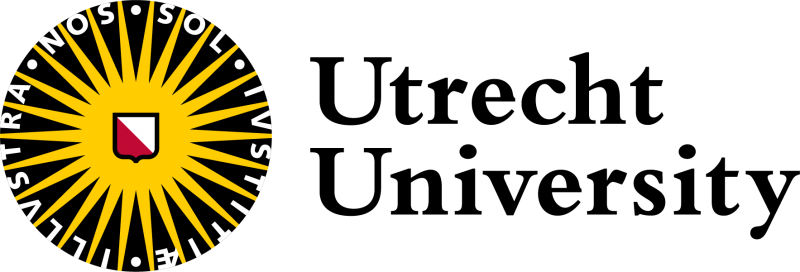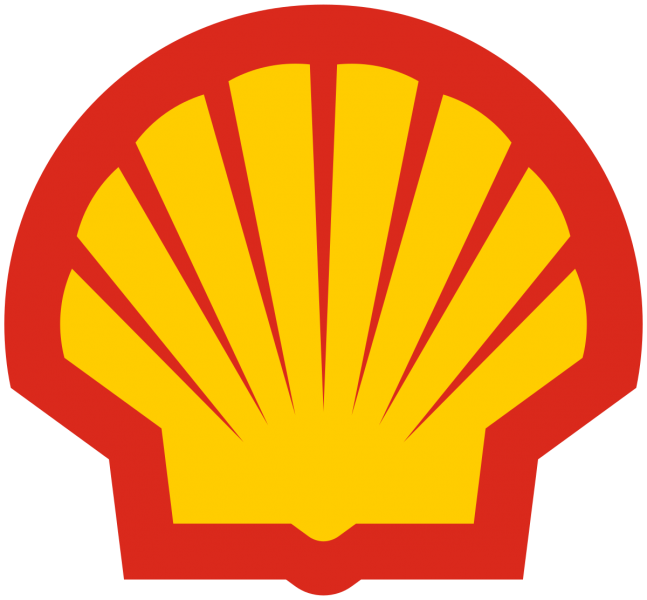CO and CO2 hydrogation is a promising method for transforming waste streams into valuable chemical building blocks. These waste streams originate from various sources, such as steel manufacturing, agricultural, and municipal waste processing. They often contain nitrogen-, sulfur-, and phosphorus-based impurities that can influence catalytic performance.
This project seeks to quantify and understand the impact of these impurities from biomass and plastic waste on CO and CO2 hydrogenation over Co-based FTS catalysts. Using a Co/TiO2 model catalyst, we investigate how gas-phase impurities like SO2 and HCN/NH3, varying gas compositions, and the intrinsic surface-bulk diffusion dynamics of the Co-metal/O/N/S/P system affect catalytic performance. The aim is to disentangle the contributions of different cobalt compounds (metal oxide, -carbide, -sulphide, -phosphide, -nitride) to improve catalyst robustness against contaminants in renewable carbon resources, such as agricultural and municipal waste. This research will develop analytical techniques to create 3-D compositional and structural maps of cobalt metal nanoparticles on a TiO2 support after reaction with poisons, enhancing our understanding of the catalyst’s activity, selectivity, and stability.
Partners





